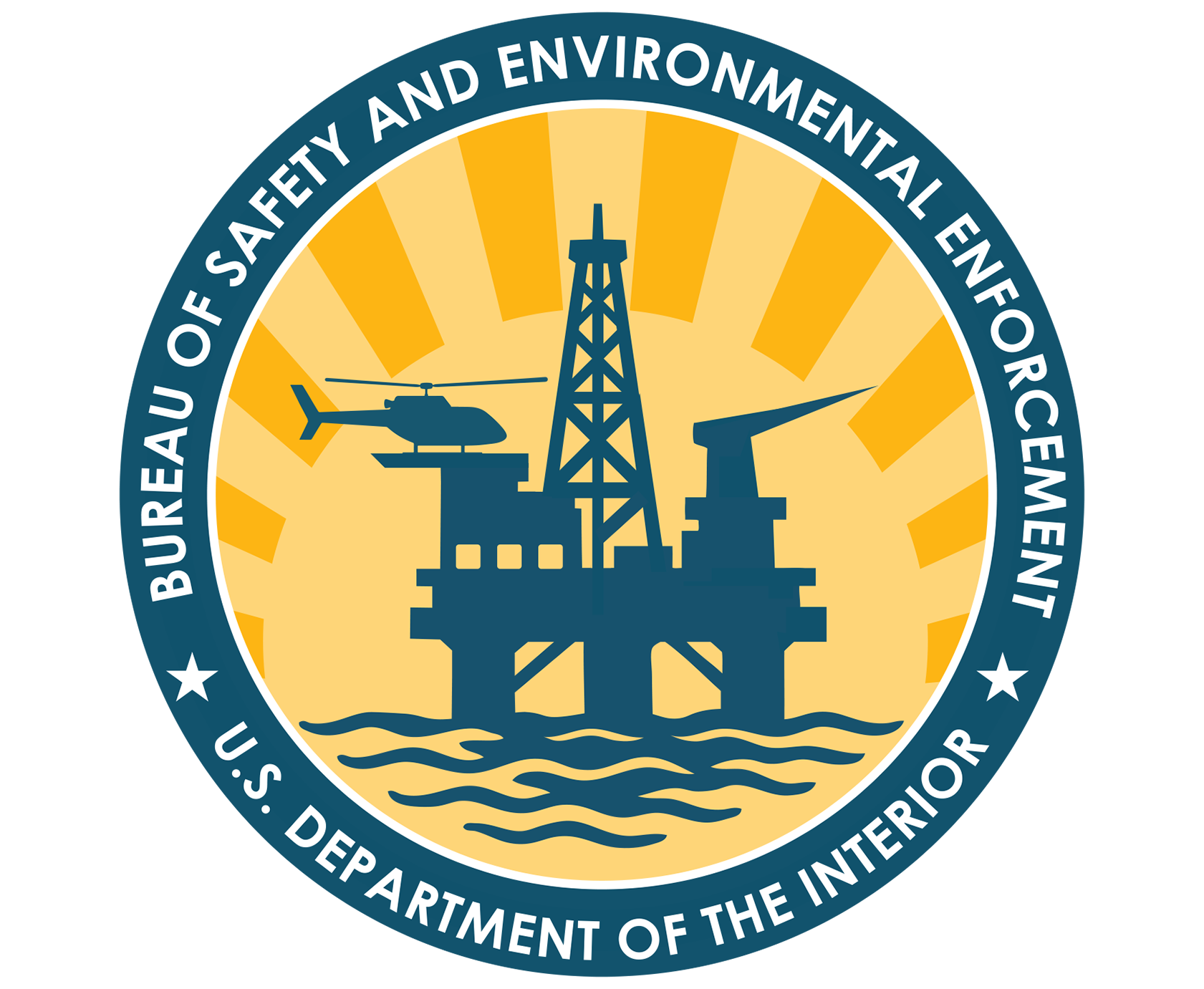In situ burning (ISB) can be an effective means of quickly removing spilled crude oil from the ocean. ISB requires the oil slick to emit sufficient combustible vapors to allow for sustained ignition. However, as crude oil weathers and emulsifies, the concentration of flammable vapors decreases. Increasing the temperature of the crude oil, such as through the addition of an accelerant, can produce sufficient vapors to ignite more weather and/or emulsified oil slick. The extent to which ISB is feasible for weathered and/or emulsified spilled crude oil is not well known, as it can be influenced by the chemical composition of the oil and the environmental conditions impact on weathering. Through this research effort, the required amount of energy required for ignition, referred to as critical energy, will be studied for a series of fresh, weathered, and/or emulsified oil. The objective will be to identify the extent to which weathered and/or emulsified crude oil is still ignitable, and the amount of energy required for ignition. This feasible ignition window will be a useful decision-making tool for determining if ISB viable.
This research effort will be performed by Worcester Polytechnic Institute with funding from BSEE, valued at $412,895.00. This 22-month effort will use cone calorimetry to identify the critical heat flux of fresh crude oil, as well as emulsified and/or weather oil. Phase one will focus on the proof-of-concept data collection for an initial group of samples. Oils will be chosen from the Gulf of America region and will be tested at conditions representing the coldest expected temperatures in the region. Phase two will expand the number of oil samples measured using the established procedures, testing at the conditions least conducive to ISB. Additionally, the critical energy measurements from this research will be used to create a 1-D predictive model aimed at determining the ignitability of a spilled material.
Date of summary: 09/30/2025
Estimated completion date: 07/17/2027
